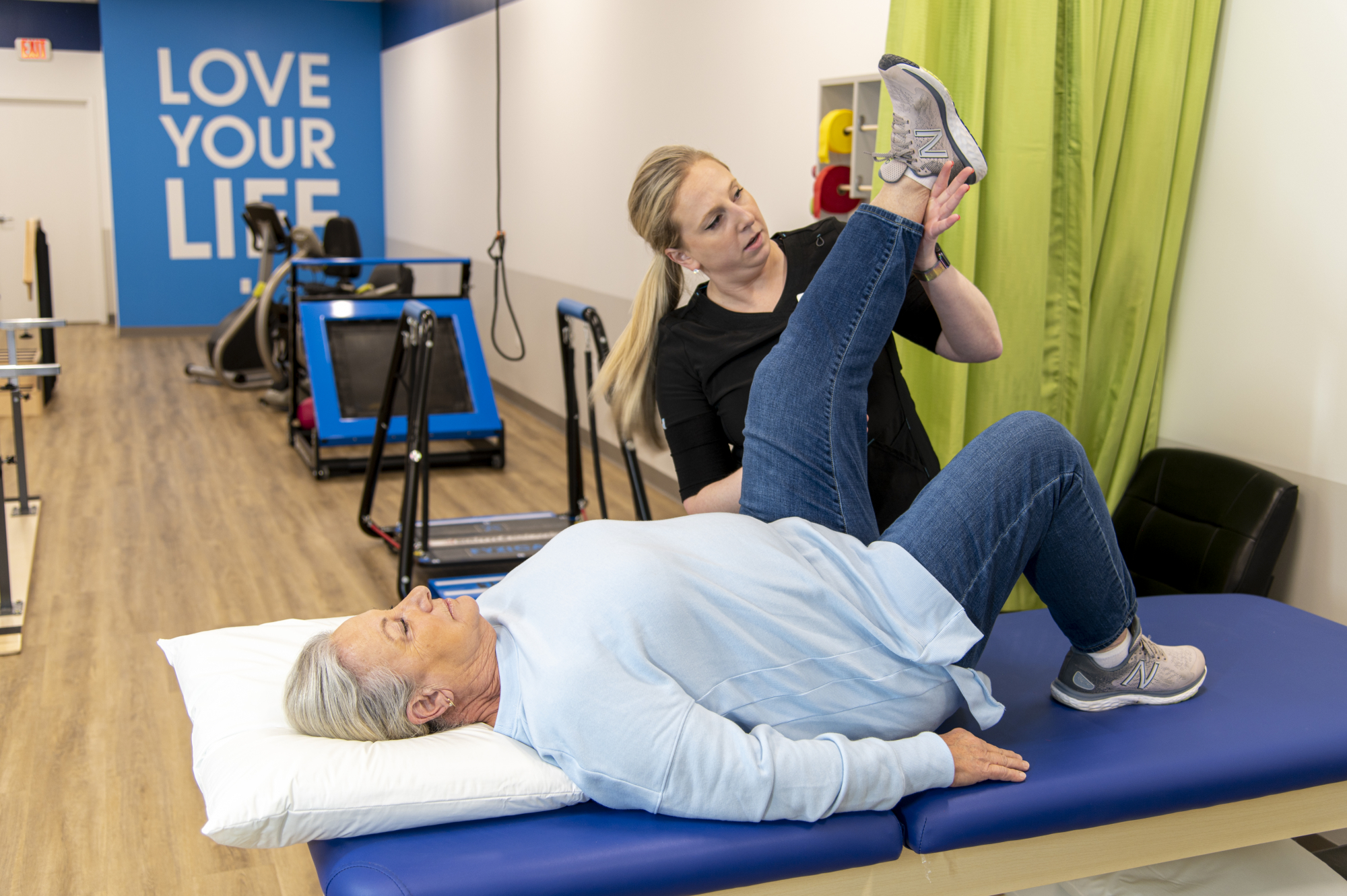Harnessing the Power of Proteins for Efficient Muscle Repair After Injury
Wiki Article
Muscular injuries can be quite common, especially in sportspeople or those who engage in consistent fitness activity. When a muscle sustains damage, the body undergoes a recovery procedure that often requires specific nutrients to aid in healing. One of the most important nutrients for muscular repair is proteins. Protein plays a crucial role in fixing injured tissues, rebuilding muscle strands, and encouraging comprehensive recovery following an injury. Understanding the significance of proteins can assist individuals create improved choices for their diet during the recovery process.
Proteins is composed of tiny units called amino acids, which are essential for multiple roles in the system. There are 20 different amino acids, and nine of these are considered essential, meaning the system cannot create them on its behalf. These necessary compounds must be obtained through food sources. Foods high in protein, such as meat, seafood, eggs, dairy products, beans, and legumes, provide the necessary foundations for muscular restoration. Eating these high-protein nutrition after an incident can improve the body's natural healing process.

In furthermore to helping repair muscle tissues, protein supports the immune system and reduces inflammation. After an injury, the system functions you can check here hard to recover itself, which can result to swelling in the injured area. Proteins helps to control this swelling, allowing for a more effective recovery. Moreover, adequate protein intake can prevent muscle loss that often occurs during periods of inactivity or limited movement after an incident. Maintaining muscular tissue is crucial for regaining strength and capability once healing begins.
Timing and amount of proteins intake musculoskeletal assessment in chronic pain are also crucial elements in muscle recovery. Experts recommend eating proteins in consistent periods throughout the 24 hours, particularly within a few hours after an injury. This timing guarantees that the system has a continuous source of amino acids available for repair. The general recommendation for proteins consumption differs, but many suggest that individuals recovering from an injury should aim for about 1.6 to 2.2 units of proteins per kilo of body weight per day. Incorporating a range of proteins types can also ensure that individuals receive a complete variety of amino compounds for best healing.
In conclusion, protein is a vital component for anyone recovering from a muscular damage. By grasping its role in muscle repair, individuals can create knowledgeable nutritional choices that support their healing procedure. Consuming a balanced diet rich in premium proteins, timing meals strategically, and ensuring sufficient consumption can significantly influence healing results. With appropriate nutrition and care, individuals can come back to their normal activities stronger and more durable.